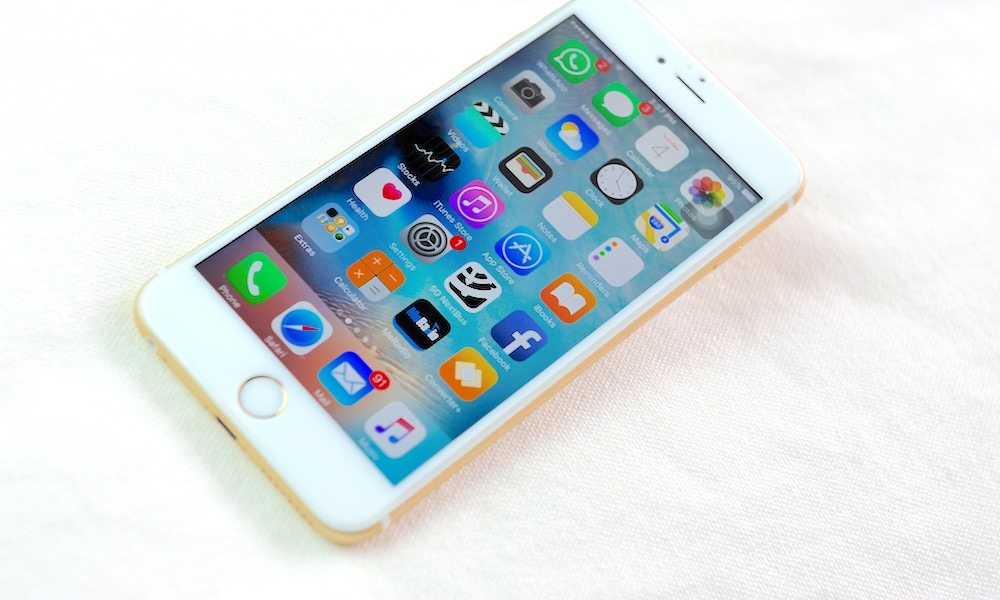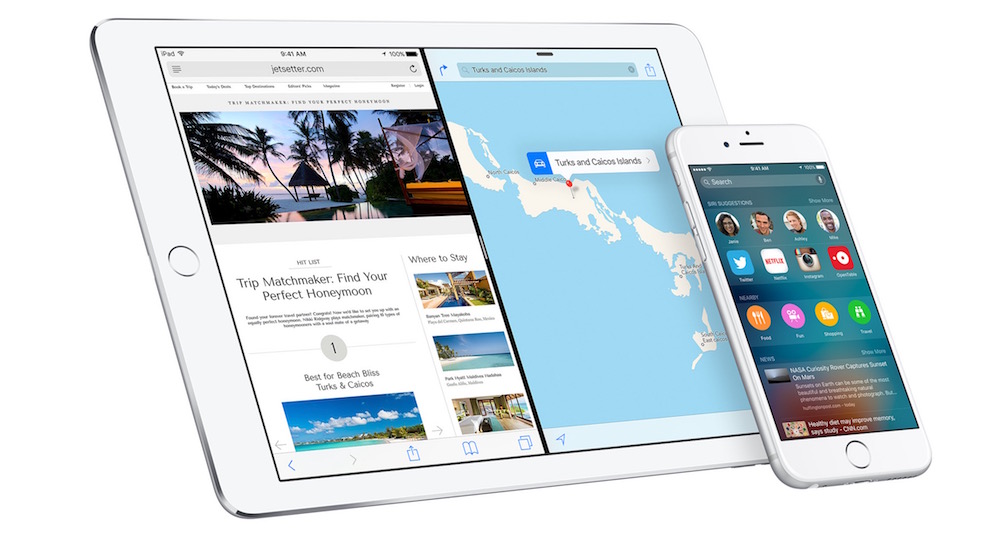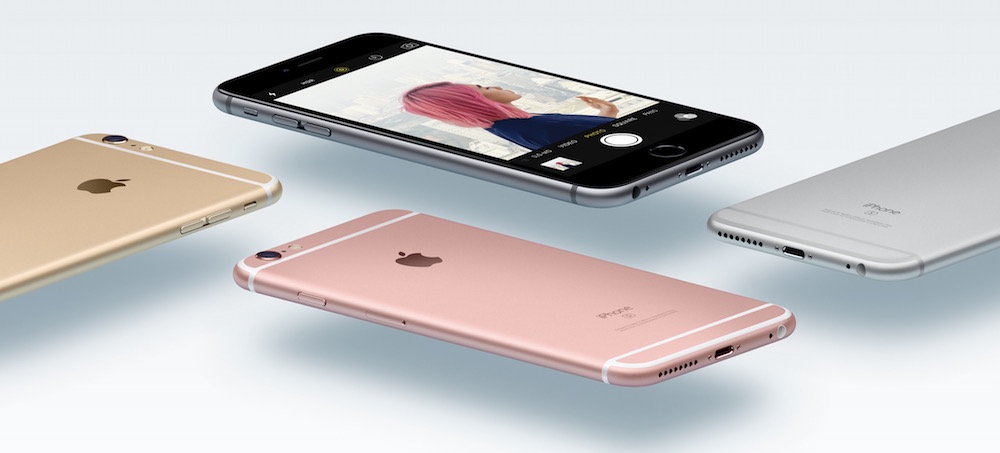iPhone Security Experts Bring the Devastating “1970” Bug Back to Life

Toggle Dark Mode
The infamous “January 1, 1970” bug that was found to be bricking phones is back. The bug first emerged earlier this year, and was one of the most interesting bugs to come to light in recent memory. Users basically discovered that if they set the date on their phone back to January 1, 1970, their phones would stop functioning. Not only would it stop working, but the device would be permanently bricked. Just a heads up, do not try it at home – you don’t want your device to suffer the same fate.
Despite the fact that Apple patched the bug in iOS 9.3, security researchers Patrick Kelley and Matt Harrigan have found a new way for the bug to brick phones. Apparently, the way that the iPhone constantly searches for Wi-Fi networks could allow itself to be bricked without the user even knowing it’s happening.

In one example described by Krebs on Security, users will often save trusted public connections like “attwifi” so when they go back to the same location they won’t have to re-enter passwords and such. Any time the phone comes into contact with a network with the same name, it will automatically connect, which usually makes life a little easier. Unfortunately, this feature could also be used to weaponize the 1970 bug by connecting users to networks disguised as ones they’ve connected to before, and then changing the date and time of their device.
“By spoofing time.apple.com, we were able to roll back the time and have it hand out to all Apple clients on the network,” said the researchers. “All test devices took the update without question and rolled back to 1970.” During their research, Kelley and Harrigan created a malicious Wi-Fi network, then allowed a test user to connect their iPhone to the network. Once the user was connected to the network, they could then reconfigure the iPhone’s date and time to January 1, 1970.
“One thing we noticed was when we set the date on the iPad to 1970, the iPad display clock started counting backwards. While we were plugging in the second test iPad 15 minutes later, the first iPad said it was Dec. 15, 1968. I looked at Patrick and was like, ‘Did you mess with that thing?’ He hadn’t. It finally stopped at 1965, and by that time [the iPad] was about the temperature I like my steak served…” said Harrigan, president of PacketSled.
When the two found the vulnerability, they contacted Apple with their findings, and the company then pushed out an update to correct the issue. And to that end, if there’s an update available to your iPhone, you should download and install it as soon as possible.

The iOS 9 release in particular seems to have been somewhat of a tough one for Apple, although its hard to say if the release is actually “buggier” or if the bugs in it are just getting more media coverage. One bug in particular has been extremely frustrating for users, as it caused their iPhone to crash when the user tapped on various links. It was later found iPhones only crashed when users tapped on links to Booking.com and links within the site’s mobile app. Booking.com has since corrected its app and the issue seems to have largely disappeared.
The bug affects any device that’s powered by a 64-bit processor (iPhone 5s and newer) and running iOS 8 or later. iPhones, iPads and iPod Touch devices are all affected by the issue. If you use a 32-bit device you should be ok, but that’s still not a good reason to test it out. Of course, much of the hype surrounding iOS 9’s bugs are likely overblown – reports indicate iOS 9 has actually been one of the least buggy updates yet.
Learn More: iOS 9.3.2 Beta Released, Here’s What to Expect
Have you experienced any of these bugs? Or do you think the media has blown iOS 9 issues out of proportion? Let us know in the comments below.






